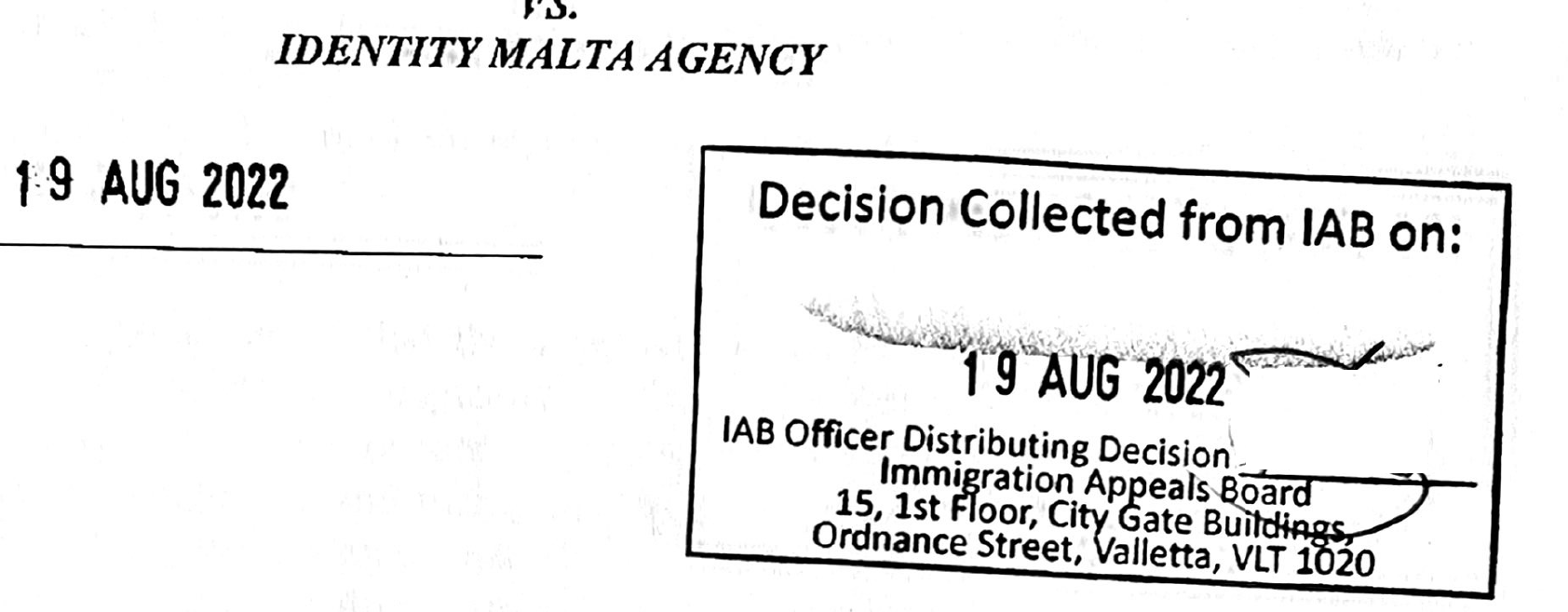When a business is sold, the fate of the employees can vary depending on the circumstances of the sale and the new owner’s intentions. Here are some general common scenarios that may occur when a business is sold:
Business as usual with new owner: In some cases, the new owner intends to continue operating the business with minimal changes. In such a scenario, the existing employees may retain their positions, and their employment terms and conditions may remain unchanged. The new owner may evaluate the employees’ performance and retain those who are essential to the business’s operations.
Layoffs: If the new owner acquires the business to restructure or streamline operations, they might decide to downsize the workforce. This could lead to layoffs of some employees, especially if certain roles or departments are duplicated or no longer necessary in the new owner’s vision for the business.
Transfer of employment: In some acquisitions, the new owner might decide to transfer a certain number of employees to the new entity while offering them comparable roles and benefits. This is more common in mergers where two businesses combine to create a new entity.
Re-evaluation and hiring process: In some cases, the new owner may conduct a thorough evaluation of the existing workforce and then decide to rehire some employees based on their skills, qualifications, and fit for the new company’s culture and goals. This might involve the affected employees having to go through a hiring process again.
Contractual obligations: The fate of the employees could also be influenced by employment contracts or union agreements. If there are clauses in the contracts that protect employees in the event of a sale, the new owner may have to adhere to those terms and retain the employees for a certain period or under specific conditions.
Severance packages and benefits: In situations where employees are laid off or their positions are made redundant due to the sale, the original company or the new owner might offer severance packages or provide certain benefits to support the employees during the transition.
Business closure: In some unfortunate instances, the new owner may acquire the business with the intention of shutting it down. This would lead to the termination of all employees’ contracts, and they may be offered severance packages or other benefits, depending on the local labour laws and contractual obligations.
It’s important to note that local laws and regulations related to employee rights and protections will play a significant role in determining how employees are treated during a business sale. Under Maltese law, the transfer of a business or part of a business to a new owner is governed by the Transfer of Business (Protection of Employment) Regulations (S.L. 452.85). The Protection of Employment Law applies at EU level in order to facilitate cross-border transactions between companies and ensuring, at the same time, that the right to employment is not violated.
In Malta, the law provides strong protections for employees in connection with the sale of a business. The Transfer of Business (Protection of Employment) Regulations aim to safeguard the rights and interests of employees in cases of business transfers, ensuring continuity of employment and protecting against unfair treatment.
When a business is sold, the employees cannot be dismissed solely as a result of the sale. If such dismissals occur, they are considered unfair dismissals under Maltese law. This means that an employer cannot terminate an employee’s contract just because the business has been sold, as the transfer of business itself does not constitute a valid reason for termination.
In the case of a transfer of business, the employment contracts of the affected employees are automatically transferred to the new employer. The transfer should be done with the same terms and conditions of employment as before the transfer took place. This means that employees’ rights, benefits, and working conditions should remain unchanged due to the transfer of business. The new employer is obliged to respect and honour the existing employment contracts, and any changes made without the employees’ consent would be in violation of the law.
The purpose of these protections is to safeguard employees’ rights and job security during a business sale. It ensures that employees do not suffer unjust consequences due to a change in ownership, and that their employment remains stable despite the transfer of the business to a new owner.
It’s essential for both the selling and acquiring businesses to comply with these regulations to avoid potential legal issues and disputes with employees. If any disputes arise, employees have the right to pursue legal action for unfair dismissal or any breach of their employment rights in connection with the business sale.
As with any legal matters, it’s crucial to consult with a qualified employment lawyer in Malta to ensure full compliance with the country’s labour laws and regulations when handling business transfers and employee-related issues. Sciberras Advocates holds exceptional expertise in employment and labour law matters, including aspects such as the sale of businesses and its impact on employees’ future, cases of unfair dismissal, employment discrimination, workplace harassment, redundancy situations, employees’ rights for claims, and an array of other related issues. For assistance in employment and labour law, visit our practice area page: https://sciberras.legal/practice-areas/employment-labour-law/.
This article is for information purposes only and should not be construed as legal advice.
Article written by Ms Charlene Sciberras, B.A. (Hons), guest writer, is a marketing and business administration specialist with a special focus on corporate, accounting, and legal matters.
Sciberras Advocates founded by Dr Adrian Sciberras, is a law firm based in Malta. The firm prides itself to be multi-disciplinary, innovative and flexible in order to meet the changing times and any challenges in the local and international legal scenario. No matter what private or corporate complex demands are called for, Sciberras Advocates offers practical and cost-effective legal solutions to achieve your desired results. You may reach Sciberras Advocates by phone on +35627795222 or via email on [email protected].









